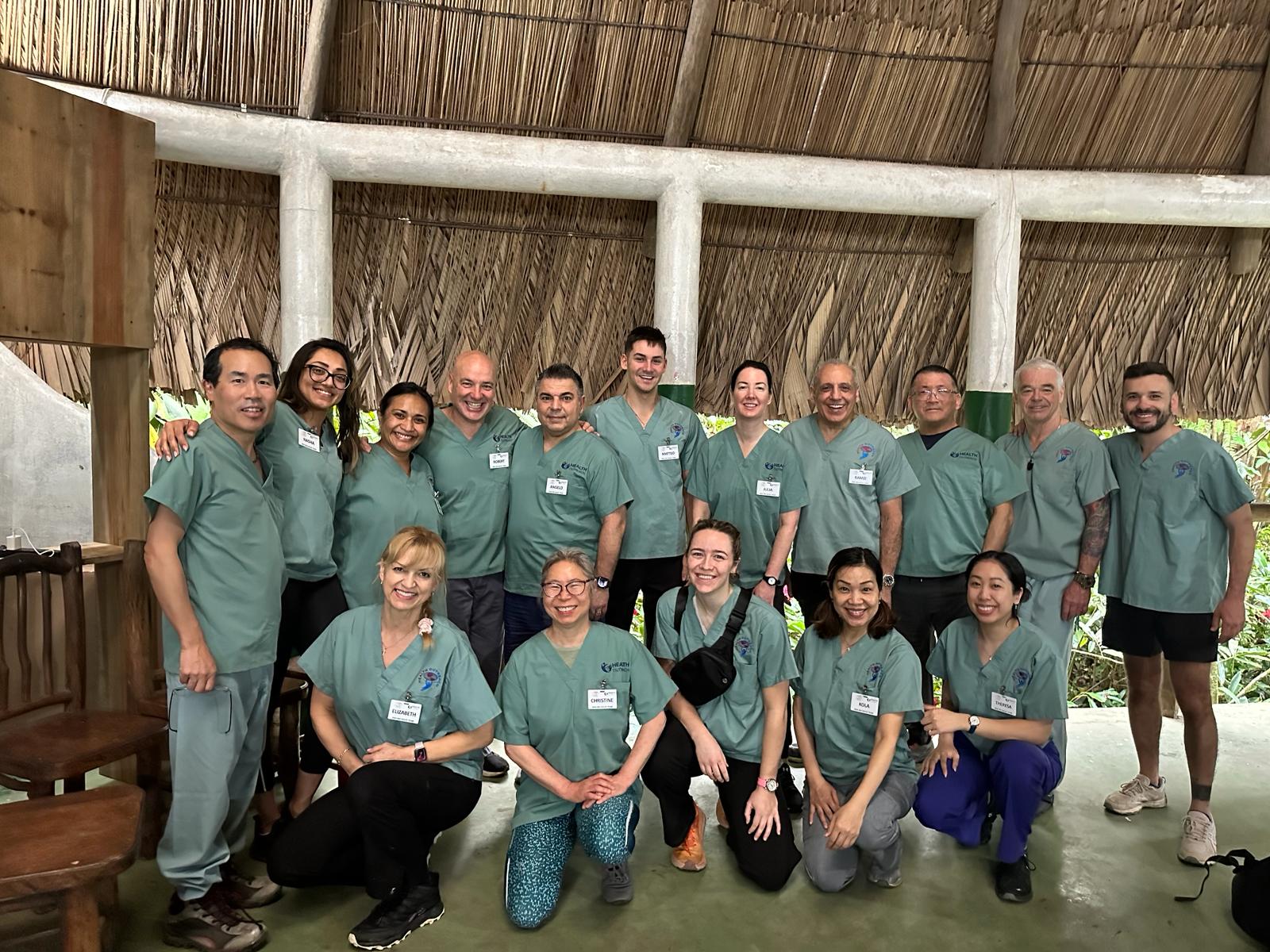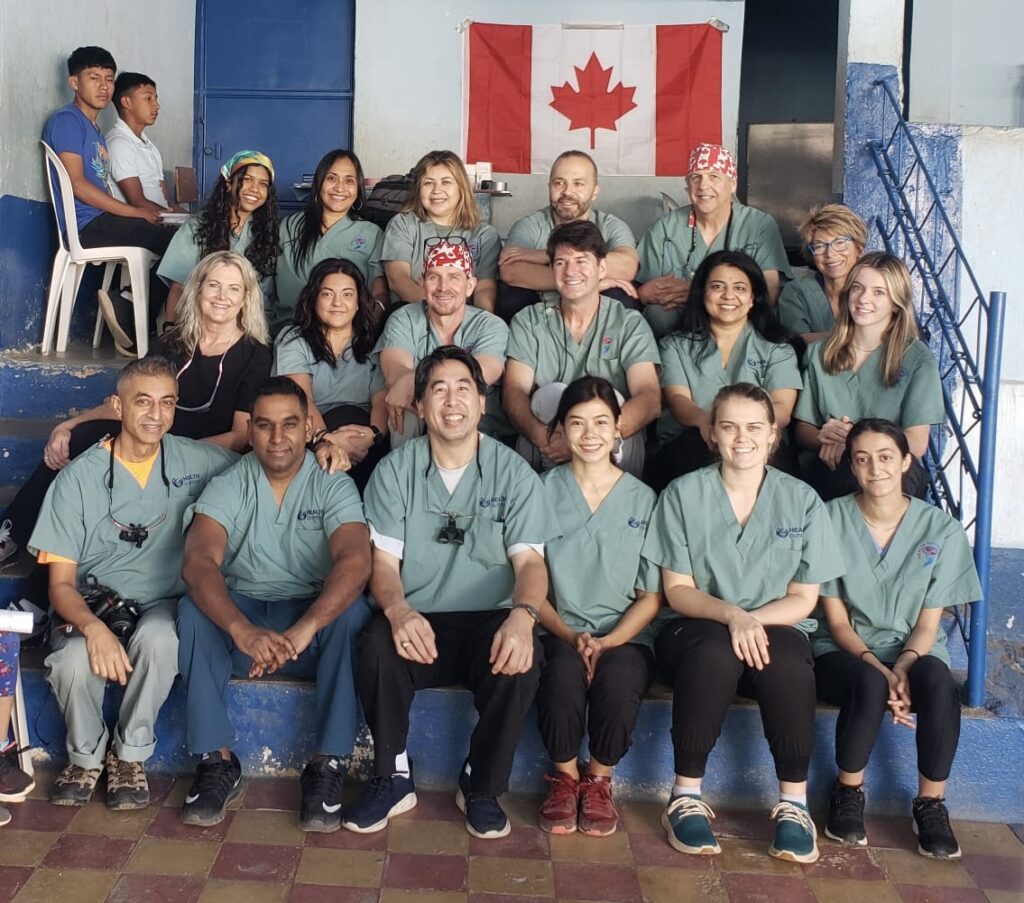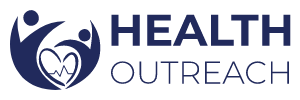
Applications for participation in “Guatemala 2025” are Now Open
Health Outreach is pleased to commence accepting applications to “Guatemala 2025”. This humanitarian mission is a two-week project in January & February 2025 with two teams carrying out one-week operations in two outlying communities in Guatemala.
Requirements
- The applicant must be member of Health Outreach in good standing
- The applicant should be referred by a past Project Volunteer or current member of HO
Teams Breakdown
Week 1:
Week 2:
Team Azulco: Dr. Rick Caldwell
Team Rio Dulce: Dr. Alex Serebnitski
Team Rio Dulce – Medical : Nasha Zaheer
Sat. Jan. 25 – Sun. Feb. 2, 2025
Sat. Feb. 8 – Sun. Feb. 16, 2025
Sat. Feb. 8 – Sun. Feb. 16, 2025



“Guatemala 2024- Rio Dulce“ is officially over. Nearly a thousand dental and medical patients were seen in eight communities during the week. On behalf of Team Ro Dulce, thank you for your support.
